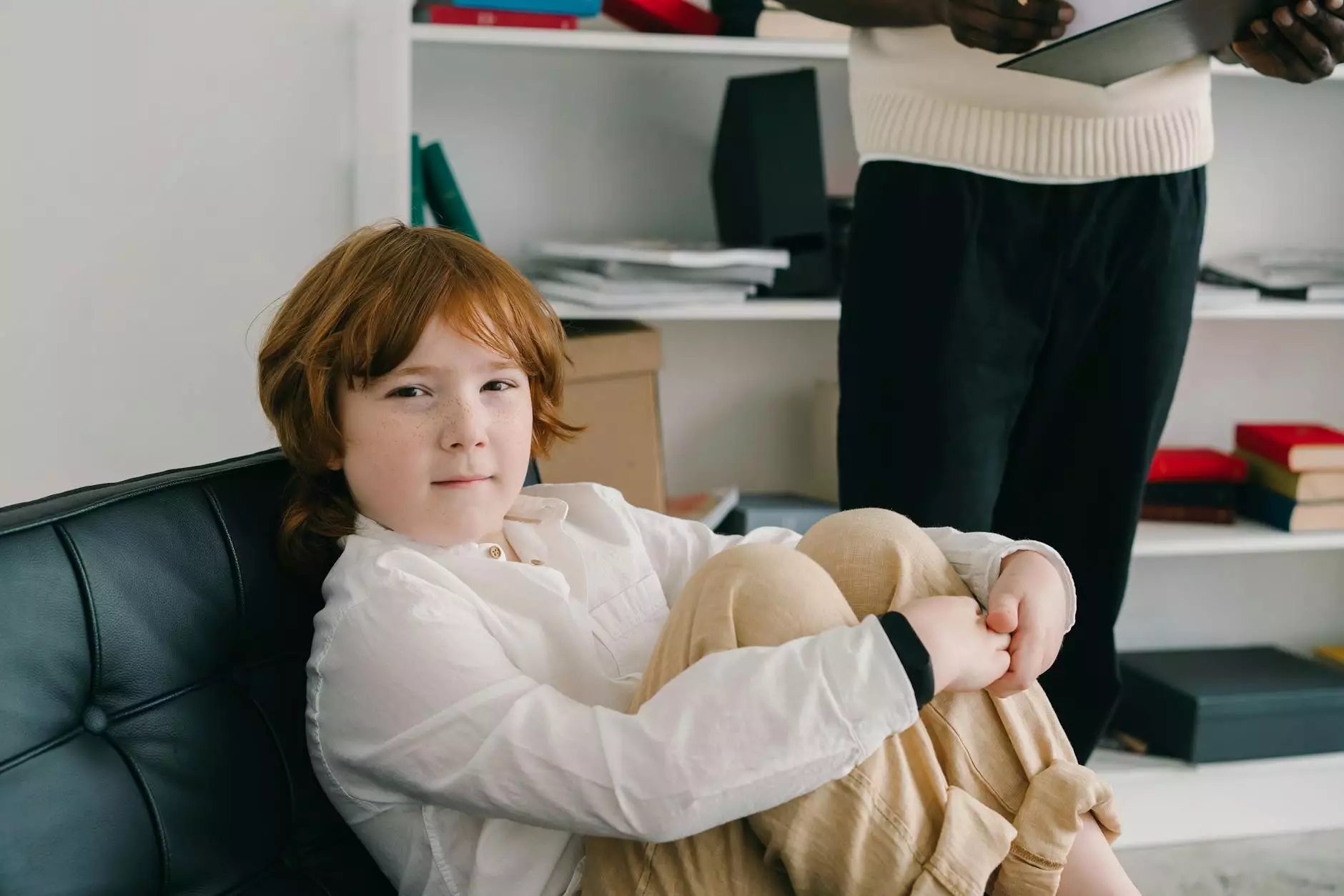Autism - Early Signs and Diagnosis

Welcome to our page dedicated to providing comprehensive information on the early signs and diagnosis of Autism. If you're searching for valuable insights about Autism Spectrum Disorder (ASD), you've come to the right place. Our goal is to equip you with the knowledge and resources to better understand the early indicators of autism and the crucial steps involved in diagnosis.
Understanding Autism
Autism is a complex neurological condition that affects individuals differently. It is characterized by challenges in social interaction, verbal and nonverbal communication, and restrictive or repetitive patterns of behavior. It is classified as a spectrum disorder because its symptoms can range from mild to severe, presenting in a variety of ways.
What Are the Early Signs of Autism?
Recognizing the early signs of autism in children is vital for early intervention and support. While it's important to note that each individual with autism is unique, there are some common early indicators to look out for:
- Delayed Speech and Language Development: Children with autism may have delayed language skills or struggle with spoken language.
- Repetitive Behaviors: Engaging in repetitive movements, such as hand flapping or rocking back and forth, is often observed in children with autism.
- Difficulties with Social Interaction: Children may have difficulty making eye contact, engaging in shared play, or understanding emotions.
- Unusual Sensory Reactions: Sensory sensitivities or preferences, such as being overly sensitive to certain sounds or textures, are common in those with autism.
- Fixation on Routines: A strong preference for sameness and resistance to changes in routines is another potential sign.
Diagnosing Autism
Diagnosing autism involves a comprehensive evaluation by healthcare professionals, typically specialized in developmental disorders. The process usually includes:
- Medical History Assessment: Gathering information about the child's health history, developmental milestones, and family history.
- Observation and Screening: Healthcare providers observe the child's behavior and use standardized screening tools to assess social, language, and behavioral development.
- Additional Assessments: Further assessments, both psychological and medical, may be conducted to rule out other conditions and provide a comprehensive diagnosis.
- Diagnostic Criteria: Diagnosis is based on the criteria outlined in the DSM-5 (Diagnostic and Statistical Manual of Mental Disorders, 5th edition).
Support and Resources
Receiving an early diagnosis is crucial for individuals with autism and their families. It allows for timely interventions and access to tailored support services. If you suspect your child may be showing signs of autism, we strongly encourage you to consult with healthcare professionals who specialize in developmental disorders.
Understanding the early signs of autism and initiating the diagnostic process can be overwhelming, but you're not alone. There are numerous resources available to help you along the way:
- Local Support Groups: Connect with local support groups and organizations that host meetings and provide resources for individuals and families affected by autism.
- Early Intervention Programs: Access early intervention services designed to help children with autism enhance their developmental skills and maximize their potential.
- Advocacy Organizations: Join advocacy organizations focused on autism awareness and rights, which offer education, support, and local chapters.
- Online Communities: Engage with virtual communities of parents and caregivers facing similar experiences. These platforms can provide emotional support and valuable insights.
Conclusion
Early identification and diagnosis of autism can significantly impact the lives of individuals and their families. Understanding the early signs and seeking professional help promptly can ensure appropriate support and interventions are in place. Remember, every individual with autism is unique, and early intervention can make a world of difference. We hope this page has provided you with valuable information to guide you through the early signs and diagnosis of autism.
If you have any further questions or require additional resources, don't hesitate to reach out to our team. We're here to assist you on this journey and provide the support you need.










